None of us can know what it is like to be Simone Biles.
Imagine the pressure of an entire nation on your shoulders, while you’re also bearing the physical and emotional wounds of the past. Now add the ever-present strain of being a highly visible Black woman in a world that has very narrow, very defined expectations of how she should behave.
I use the word behave purposefully. Because in the same way that Simone Biles has trained hundreds and thousands of times to perform without putting so much as a toe out of line, she has had to perform similarly in perhaps every other public-facing part of her life since she became a gymnastics star, destined to be crowned the greatest of all time.
At this year’s Olympics, Biles was tasked not only with securing gold for her country, but with trying to lift the reputation of an entire team and sport, and with the backdrop of a global pandemic. It was the making of a heroine story—the kind of tale of perseverance and success against all odds that we crave from sport in general, and the Olympics, in particular. Instead, Biles opted to re-write the narrative entirely.
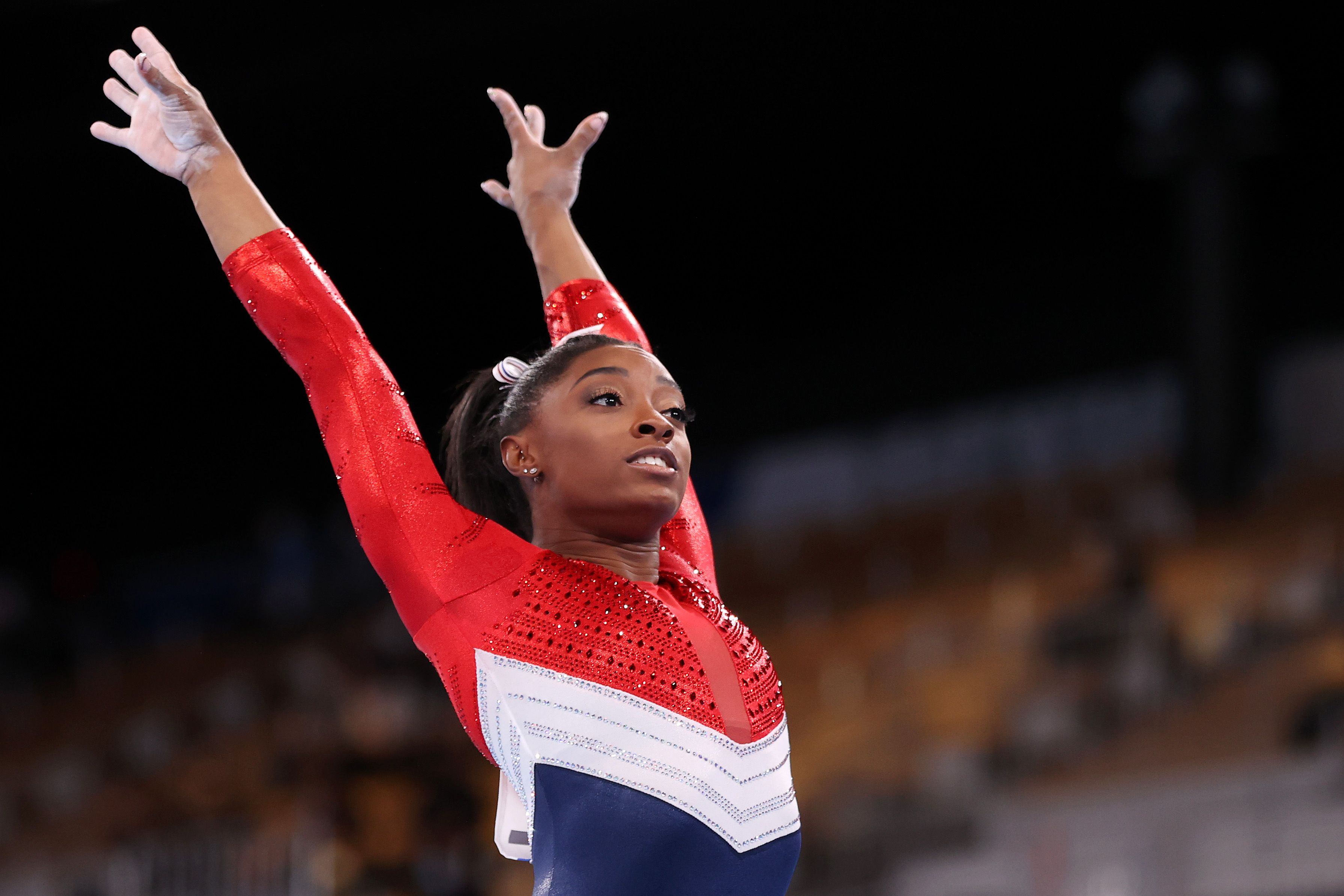
Though we can’t understand exactly what it’s like to be in Simone Biles’s place, so many of us do know all too well what it’s like to struggle with mental health. Questions around how to attend to our own well-being are among those I’m most frequently asked. And I, myself, have been there, too.
When I left life as a monk, it wasn’t entirely by my own choice.
It was a result of being hospitalized. I’d pushed things too far for too long, and my body was paying the price.
Suddenly, the monastic life I’d seen as my life’s purpose was no longer a realistic option if I wanted to regain my health and pursue my vision of how I might serve the world.
When I returned to my parents’ London home, I was devastated. I felt I’d failed spiritually, and when I sought to reintegrate into regular life, after receiving rejections from 40 companies who wouldn’t even interview me when they saw “monk” on my resume, I felt I’d failed materially, as well.
During that time, what helped me most was to be honest with others about my struggle and how it was affecting me. And that’s what Simone Biles has demonstrated for all of us, stepping down from the world stage and saying, in essence, “Things aren’t coming together right now, and rather than push forward, I’m stepping back.”
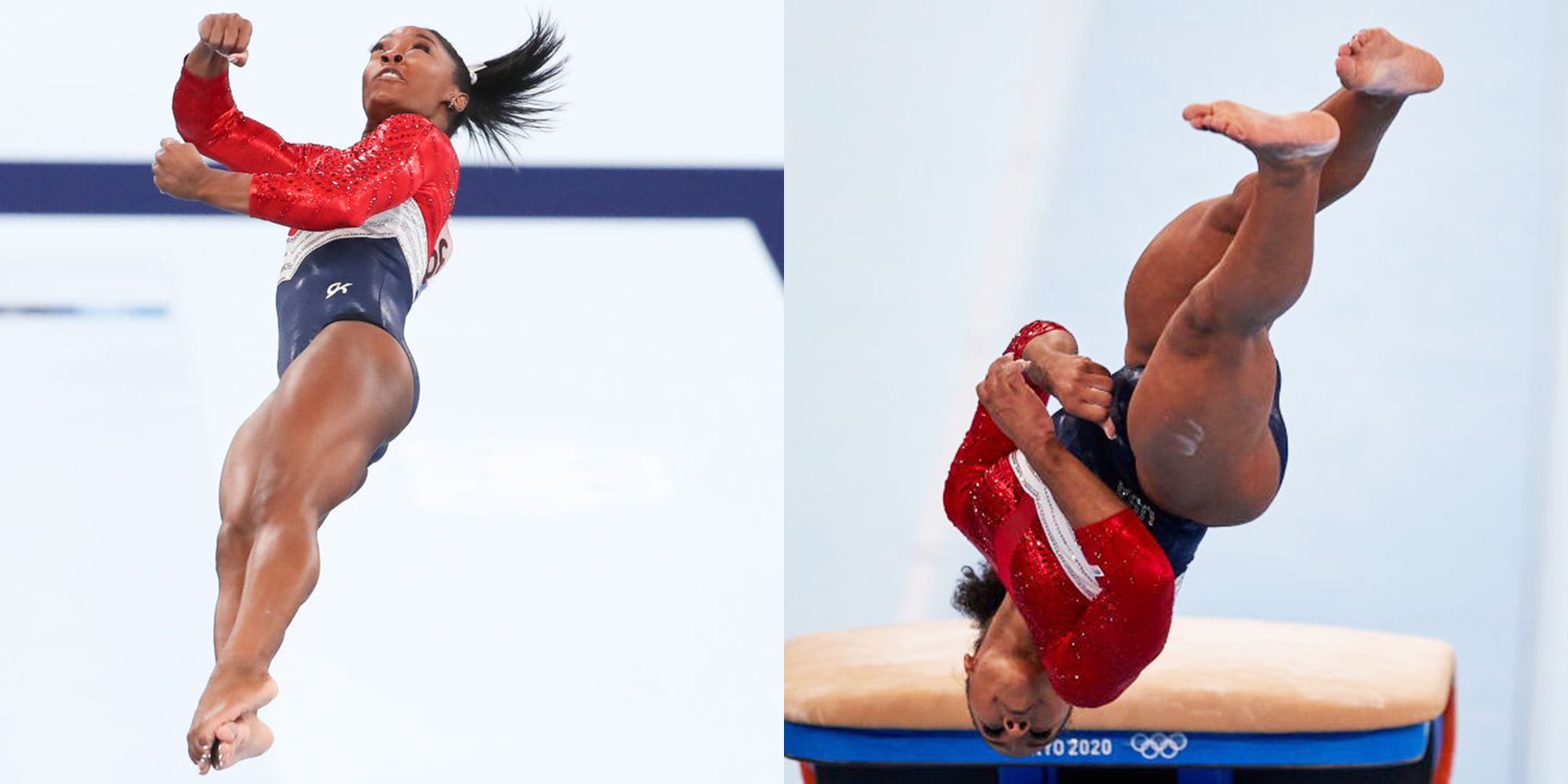
Althea Gibson, the first Black person ever to play at the U.S. Open and Wimbledon, and the first Black person to win a Grand Slam tennis title, once said, “Being a champion is all well and good, but you can’t eat a crown.”
At the end of the day, no matter how visible or seemingly invisible your profession, and be it outside or inside the house, we all go home to ourselves. When we spend every ounce of our focus and energy on others, there is nothing left to attend to our own needs.
And yet it should also not be overlooked that Biles stated that one of the most challenging aspects of this Olympic Games for her was the lack of support from family and friends, who were not allowed to be present due to pandemic restrictions.
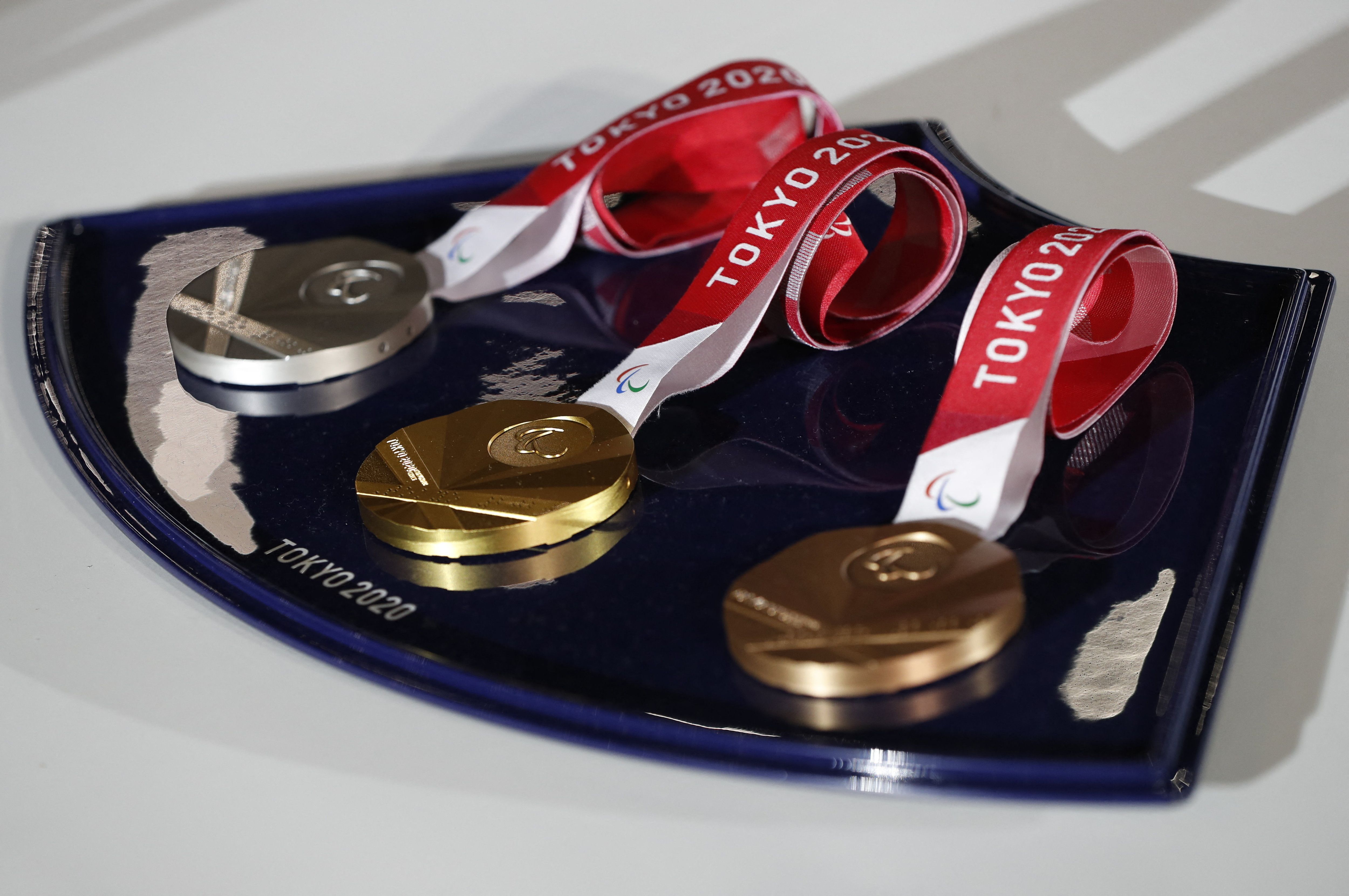
Gibson also said, “If I’ve made it, it’s half because I was game to take a wicked amount of punishment along the way, and half because there were an awful lot of people who cared enough to help me.”
We all need support.
We all need comfort and reassurance. Even—and perhaps sometimes especially—those who’ve made entire careers based on mental toughness and an ability to perform under pressure.
Because at the end of the day we are, all of us, still human, and one of the most challenging and yet beautiful aspects of our humanity is our need for care and acceptance from one another.
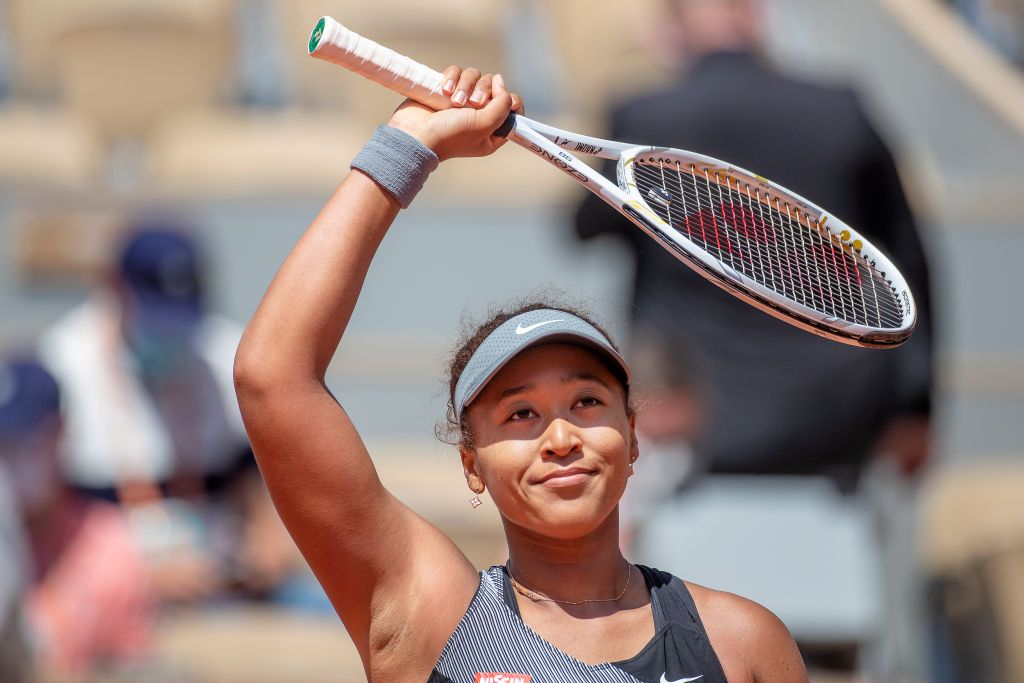
It’s a balance as delicate as a gymnast on a beam—the work of being there for others while attending to our own needs. It’s a balance most of us have yet to fully learn, myself included.
But what happened this week, and when Naomi Osaka chose to put her mental health first by refusing to sit for media questions at the French Open earlier this year, serve as visible and powerful reminders that this balance is essential.
We are all worthy of receiving, not just giving. And we are all worth more than our performance at work, whatever that work may look like.
When Simone prioritized her wellbeing, it was the start of something revolutionary.
This moment—the moment when Simone Biles stepped into the spotlight not to perform, but to say, “No, not today” to prioritize herself and her own wellbeing—was the start of something.
Her actions will help people everywhere, from all backgrounds and all walks of life have the courage to be honest with themselves and others about their mental health. So often throughout history such a step, when taken, seemed small—one person’s choice in a fleeting moment—and yet from such actions entire revolutions are born.
The other thing it’s important to point out—the additional balance point—is that Biles neither attempted to force her way forward, risking injury, nor did she quit. When it was apparent that her mind and body were out of alignment, Biles took a calculated step back to recalibrate, focusing on the mental over the medal.
And if she did think of the medal, it was her concern that a poor performance on her part could knock her teammates out of medal contention. Often, we consider only the extremes of all in or all out instead of recognizing the option to pause, hit refresh, and assess how we might get back into alignment.
One of the reasons we are so enamored with sport is that we look to it for superlatives—for demonstrations at the outer boundaries of performance that show us what humans are capable of.
This past week Simone Biles undertook a different kind of daring feat than the high-flying stunts for which she’s become known. Instead, she undertook a different act of bravery and showed us something else we’re capable of.
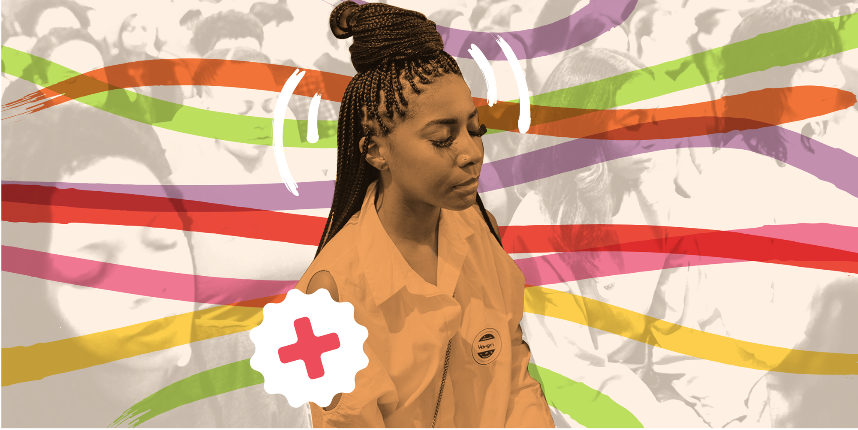
As she was set to perform yet again, sticking to the choreographed, well-rehearsed routines and staying within the lines, Biles chose to redefine those lines and to draw her own boundaries. Unlike most achievements in sport, this is one the rest of us can actually emulate.
We, too, can learn to say “No, not today.” We can choose ourselves and our own well-being over the expectations of others. We can learn how to step back and recalibrate. We can learn to draw our own lines, we can state our needs, and we can reach out for help.
Jay Shetty is the host of the #1 Health and Wellness podcast in the world, On Purpose. Most recently, Jay’s debut book, Think Like A Monk: Train Your Mind for Peace and Purpose Everyday, hit #1 on the New York Times Bestseller list.
Source: Read Full Article






